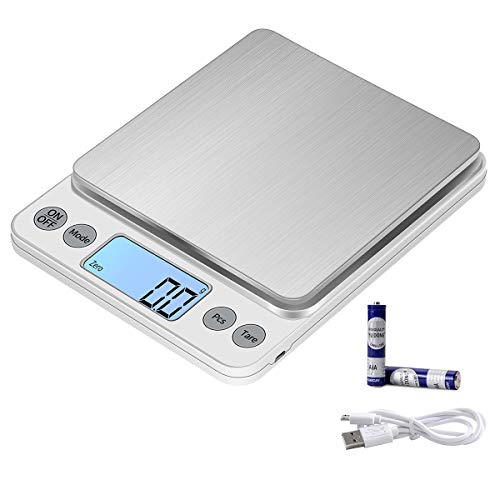I still have a couple of bars of lemon juice soap I made in Oct 2015 as an experiment. It was a recipe from Anne L. Watson's book, but as I look back on the proportions now, I would totally change the recipe next time I make it. It had 40% Coconut oil and that's rather high for my liking, but I didn't realize that then. Besides the 9 ounces of lemon juice, I used in the lye solution, I also added Lemongrass EO and Lemon EO, as well as used turmeric-infused Almond Oil as a colorant. The soap is still an orange-yellow color.
I would definitely make lemon juice soap again, but I'd use a different base recipe, one with less CO. I just haven't done so because there is so much to try that I haven't gone back and tried it again.
As far as that video, the mistake she made was to use lemon pulp. I think it's a bit unfortunate she didn't do a follow up to show that you can successfully make soap with lemon juice, and in fact, many people have made soap using lemon juice. Beginners see that video and come away with the idea that it's just impossible to use lemon in any form in soap. That's just not true at all.
If you want to see Anne Watson's actual recipe
menu, it is
here, but before trying it make sure to run it through a
lye calculator. It's not a bad soap, but I do believe the recipe could be much better without that much CO. But then, some people really like high CO soaps.
ETA: The recipe I used on that link is the one called 'Basic Citrus Soap'.

















































